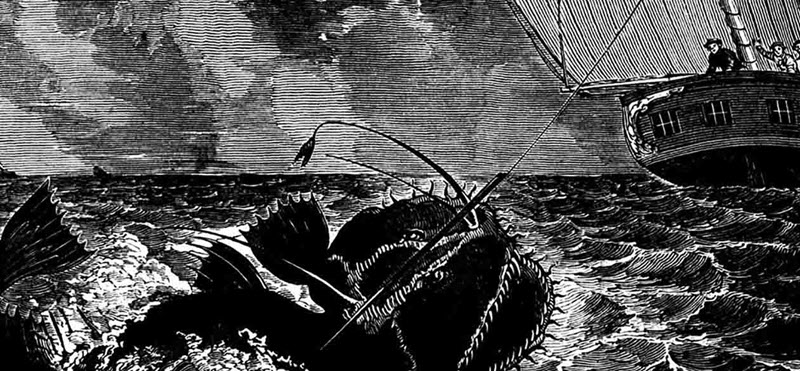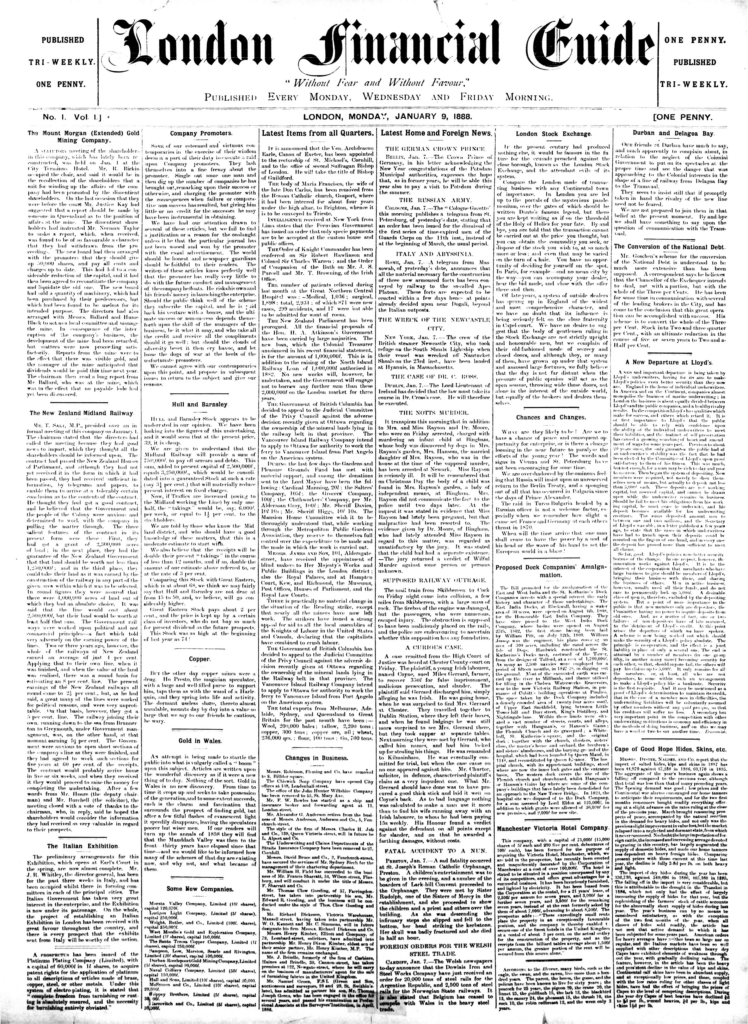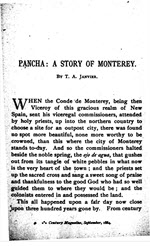| By Gale Staff |
Banner Image: Martingale, Hawser. Tales of the Ocean, and Essays for the Forecastle: Containing Matters and Incidents Humorous, Pathetic, Romantic and Sentimental: By Hawser Martingale; Illustrated with Numerous Engravings . . . . Boston: S. N. Dickinson, 1841. American Fiction, 1774-1920.
Harvard University’s Harry Elkins Widener Memorial Library has 57 miles of bookshelves and space for 3 million volumes. Lehigh University’s Linderman Library hosts a prestigious selection of more than 40,000 rare books. And Amherst College’s Folger Shakespeare Library contains the world’s largest collection of Shakespearean works. These prominent institutions house invaluable literary treasures; their troves feature millions of different perspectives from our shared history.
However, not every young researcher has access to Ivy League anthologies like these. Thankfully, with Gale’s robust and specially curated digital collections, subscribers can now discover a variety of unique books and historical periodicals for themselves. These web-based archives provide an avenue for college libraries to easily increase access to rare books and often under-represented voices from the past.
Access Opinions Outside of Mainstream Media
For a glimpse into the prevailing business perspectives of the past 150 years, users can access every article ever published by London’s Financial Times. Our Financial Times Historical Archive, 1888-2021 database provides actual visuals of turn-of-the-century articles and captures the leading Western voices of international economics and politics throughout the 20th century.
There’s far more to history than the chief perspectives out of London, though, and how insubstantial would research be without including the stories and viewpoints of others? Gale partnered with the British Library to create a particularly unique database of primary source newspapers featuring content from smaller circulations, including both rural and urban voices from the time. The British Library Newspapers collection hosts more than 200 years’ worth of newspaper visuals. This collaboration allows users to dive into the different cultural and political trends told through the perspectives of Irish, Scottish, Welsh, and smaller regions in England.
Analyze American History Through Books and Magazines
American Historical Periodicals from the American Antiquarian Society, Parts I-VI feature not only newspapers but articles from magazines still popular today. Browse actual digital representations of 19th-century pieces from Scientific American or study provocative opinions from the suffragist publication, Banner of Light. Such diversity of resources creates a richer, more meaningful research experience for students. Reading voices from the time period one is studying allows users a valuable glimpse into the authentic American experience of that era without bias or influence from the modern perspective.
Gale’s databases even include images from historic literary works, with actual digitized visuals so your researchers can witness these texts as the original readers would have. American Fiction, 1774-1920 includes over 17,000 fictional works written between the Revolutionary and First World Wars. Scour real title pages and pictures from popular American stories, many of which haven’t been available online until now.
Leverage Gale’s Research Tools
Gale’s newspaper archives are expertly organized by time period, country, and theme. Each entry is digitized to make it easy for your users to search the text and even download research materials to their personal devices. And Gale’s advanced research features provide recommendations for further study, helping users deepen their understanding of a topic. Plus, Gale is always making enhancements to the platform and integrating products, helping to improve the efficacy of user research.
When your institution’s library becomes a Gale subscriber, any student or faculty member can enter the extensive digital archives. There’s no need to book a train to Cambridge, Massachusetts, or fly to the British Museum in London. All users need to unearth centuries of precious content is a login to their school’s database.
Interested in learning more about Gale Primary Sources? Contact your local Gale representative.




